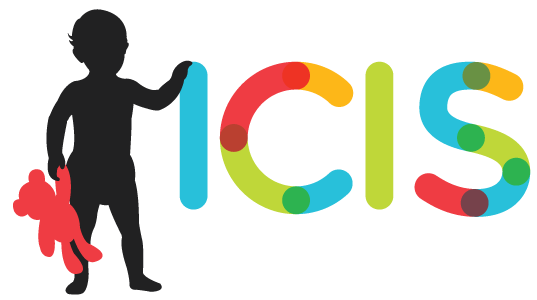The Baby Blog
A place to highlight new published findings, shine a spotlight on the researchers in our field, and share new tools of the trade that might help make life easier for ICIS Membership.
The Overflowing Cup of Infancy Research
As we launch into 2026—despite painfully freezing temperatures in NYC and a calendar with overly optimistic back-to-back-to-back meetings—I can’t help but feel an immense sense of warm gratitude for the opportunity to mentor outstanding undergraduates, graduate...
Could a toddler lose their keys? Proactive interference says yes
Have you ever found yourself driving to work when you should have been driving to the new gym you just signed up for? Or walking to your usual parking spot, only to remember you parked in a different lot that day? These kinds of memory mix-ups are examples of what we...
In Memoriam: Judy S. DeLoache
September 10, 1943—October 23, 2025 Judy S. DeLoache was born on September 10, 1943 in the small town of Holyoke, Colorado where she grew up on a wheat farm. There were only 38 people in her graduating class. But being from a small town did not keep her from having a...
Why Dad’s Voice Matters for Premature Brains – and Why Public Support for Research Does, Too
The big picture Thanks to modern neonatal care, more preterm babies are surviving than ever before. Yet more than thirteen million babies worldwide are still born early each year, and many spend their first days or weeks in neonatal intensive-care units (NICUs) ([1];...
A funny thing happened in the infant lab: What humor can teach us about how infants think
Two things happened early in my career that changed everything, personally and professionally: I had a baby and within a few months, he began to laugh. It was the simplest but most astounding developmental observation I had made, effectively turning my research focus...
Language learning in a digital world: How screen time impacts children’s language development
We have all seen dramatic taglines about the impact of screens on children’s development such as “Too much screen time harms children” or “More screen time linked to delayed development”. These claims rest on research showing that, in general, digital media has been...
Making pilots public and improving developmental science
In developmental research, we rely heavily on piloting to refine our methods and make our studies more robust. Being more transparent about procedures and observations from pilot studies could help us tackle several field-specific challenges. What emerges during...
From the mouths of babes: Saying the (im)perceptible.
As a kid, I was an avid consumer of sci-fi/fantasy books, which I’d get in unremarkable hardcover from the local library. When I would later see the dust jackets or movie versions of these fictional worlds, I’d often have a strong reaction along the lines of “that’s...
Episodic-like memory in infancy: Insights from the developing hippocampus
On visits to my mother’s house, it is inevitable that we look through baby pictures, a tradition that has grown increasingly common since I began my research into memory development. I know the stories behind many of these pictures, mostly through my mother. This past...
Before and after lockdown: The COVID-19 pandemic and early social cognition skills
The COVID-19 pandemic impacted many aspects of daily life, as governments issued shelter-in-place orders that mandated social distancing. These mandates led to changes that included the closing of schools, daycares, and businesses, causing major increases in remote...
